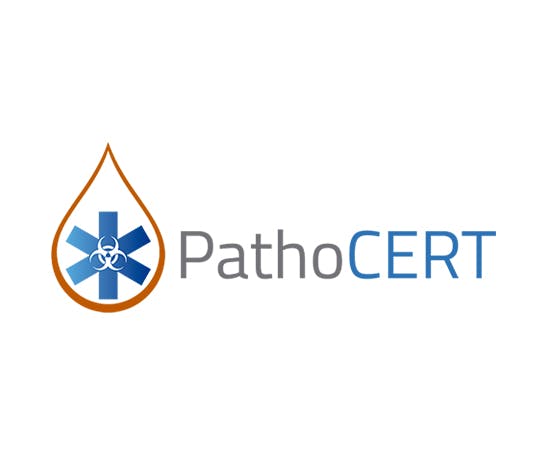
- Homepage
- PathoCERT
PathoCERT
During emergency response operations, first responders are at risk of being exposed to dangerous pathogens (such as norovirus, e. coli and v. cholerae) through skin contact, ingestion or inhalation. Such pathogens pose a significant risk of illness, disease or even death. Currently, there are very few available field-validated technologies to assist first responders when having to operate within an environment with such dangerous pathogens.

To address this challenge, an international consortium of 23 partners joint forces, as part of a new 3-year Horizon 2020 Project entitled: Pathogen Contamination Emergency Response Technologies (PathoCERT). The project is coordinated by the KIOS Research and Innovation Center of Excellence at the University of Cyprus and was launched on September 1st, 2020.
PathoCERT will perform research and innovation activities to develop novel sensing technologies for detecting contaminants within minutes, as well as wearable sensors on bracelets or gloves to alert when the first responders touch contaminated water. Smart wearable interfaces and augmented reality tools will also be investigated to improve the ability of the first responders in understanding their surrounding risks. To enhance situational awareness, autonomous drones with monitoring and water sampling capabilities will be developed, as well as systems for analysing water quality using satellite imaging. Additionally, the project will develop tools to receive information from human “sensors”, through social media, to assist first responders in the case of contamination events within an urban environment. During the evolution of the event, AI-based technologies will be developed to extract knowledge and suggest recommendations to manage the contamination event, assess its risk and forecast its evolution, as well as develop forensic investigation tools. An integrated system will be developed and linked to a first responder control center.




